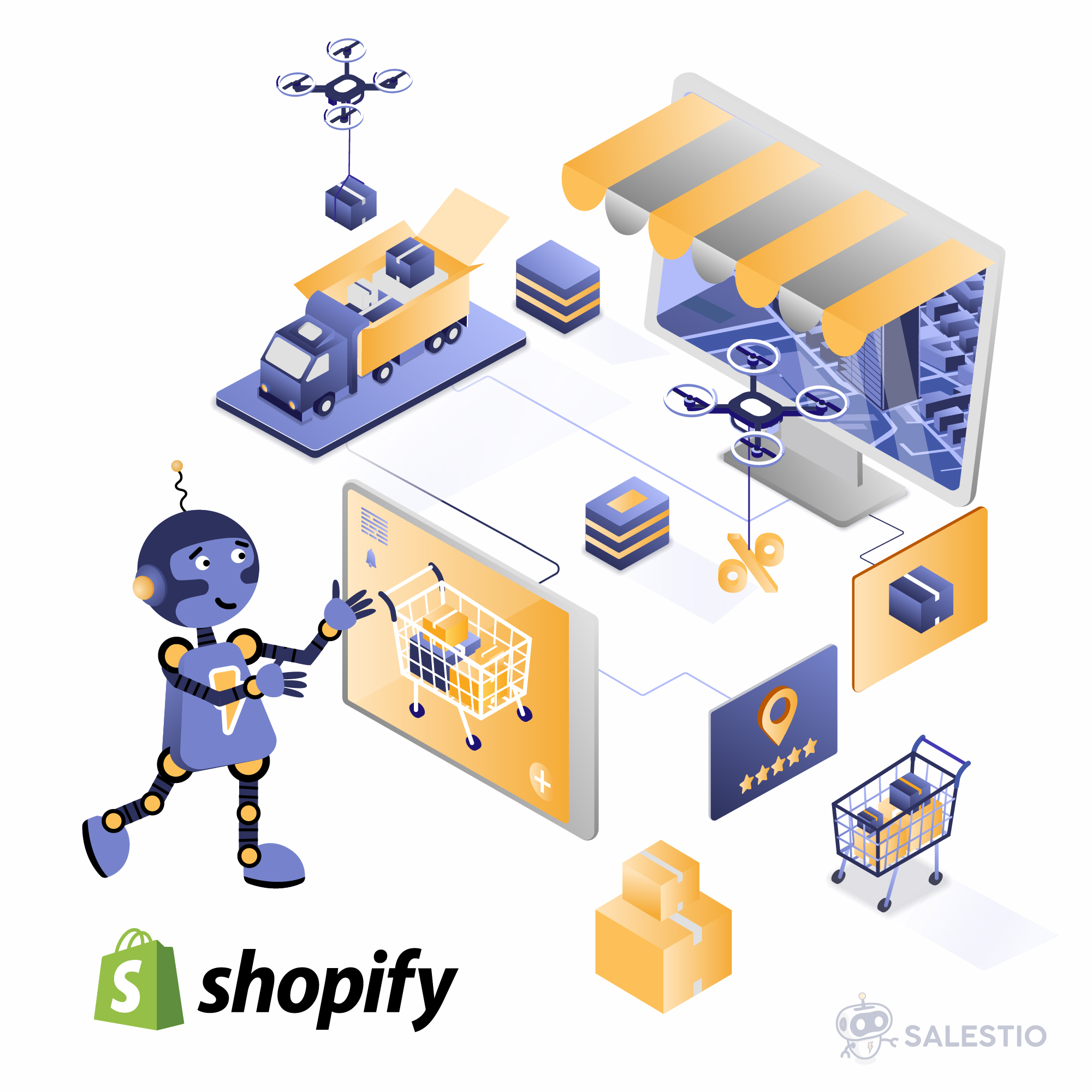24 Oct'25

Avoid common mistakes when Selling on Amazon, Etsy & eBay with Salestio
Selling online can have a lot of nuance. Attention to detail can go a long way towards building a fast-growing store. In this article, we will go over the most overlooked details related to listings on Amazon, eBay, or Etsy, and share tips on how Salestio can help keep the product pages consistent. General mistakes […]
17 Oct'25

Manual vs Automated actions in Salestio
Salestio aims to free up some of the schedule for marketplace sellers, so a lot of the features in the app are automated by default. In this article, we will go over the key automation options, explain what works out of the box, and help you configure them to best fit the needs of the […]
10 Oct'25

Key Salestio features in BigCommerce
Salestio serves as a means to connect your BigCommerce store to Amazon, eBay, and Etsy. In this article, we will go over the main features that help keep your listings in sync with the BigCommerce store. Send BigCommerce catalog to marketplaces Salestio can send the items from your BigCommerce store to marketplaces of your choice. […]
03 Oct'25

List on Amazon, eBay and Etsy without barcodes: errors and solutions
In today’s article, we will go over the barcode-related specifics of publishing products. Each marketplace has its own requirements, so we will explore how Salestio works for each platform. Amazon has the most regulations regarding the barcodes. Barcodes are one type of product identifier out of many. Check the article below to learn more about […]
26 Sep'25

Salestio for Shopify: Settings Explained
Most of the Salestio features work without the need to adjust the Settings page, but here you can configure the app to better fit your store workflow. This article will explain the available options and how they help with customizing Salestio. The Settings page in Salestio features tabs for the general app settings (changes here […]
19 Sep'25

SKU Mappings in Salestio: Customize Product Pairs Between Platforms
Salestio can establish a connection between already existing marketplace items and products in your e-commerce store. To find the product pairs, the app compares the product SKUs and locates a match. By default, Salestio syncs quantities and orders for items that have the same SKU. Sometimes, the same product can end up with a different […]
12 Sep'25

Salestio: Managing Returns across Amazon, eBay, and Etsy
Handling returns from Amazon, eBay, and Etsy becomes much more efficient when everything is connected in one place. The return process can stay organized when marketplaces are synced with an e-commerce store. In this article, we will look at how Salestio handles returned or canceled orders. Each marketplace has specific settings, so you can define […]
05 Sep'25

Key Salestio features in Shopify
Salestio serves as a means to connect your Shopify store to Amazon, eBay, and Etsy. In this article, we will go over the main features that help keep your listings in sync with the Shopify store. Send Shopify catalog to marketplaces Salestio can send the items from your Shopify store to marketplaces of your choice. […]
29 Aug'25

Map e-commerce shipping services to Seller Central carriers with Salestio
Providing accurate shipping details is important to comply with Amazon’s policies, build customer trust, and keep the store running efficiently. In today’s article, we will explore the customization options for Amazon fulfillment in Salestio. By default, Salestio will send the Shipping Carrier to Seller Central based on the carrier selection in the Shopify order. Sometimes, […]
22 Aug'25

Multichannel Sales: Benefits, Challenges, and Platforms Compared
Keeping a store running on multiple platforms is a great way to capture a wider audience. Managing multiple channels comes with its own upsides and challenges, so in this article, we will discuss the available options. Why start a multichannel business? The main upside of running a multichannel store is increased reach and visibility. Meeting […]